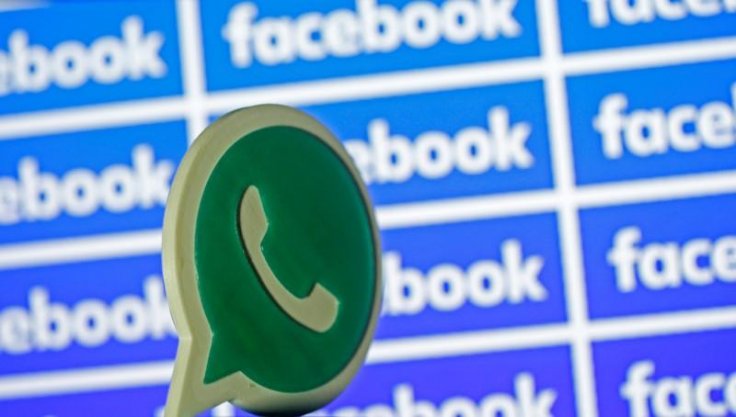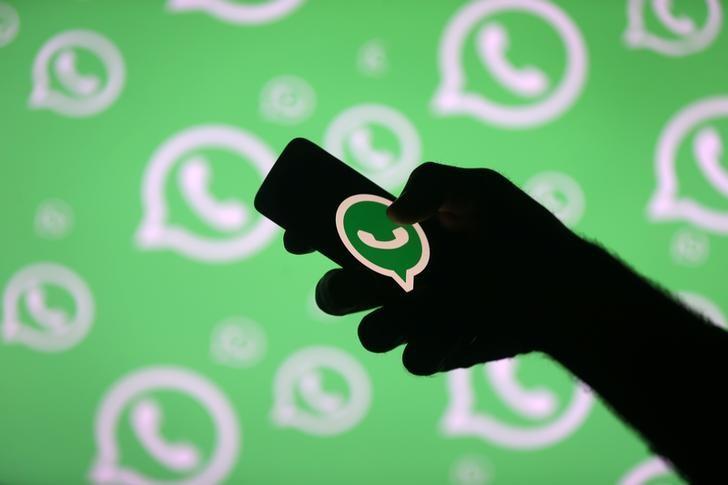
Researchers at Edge Hill University have found that spending time on WhatsApp is good, since it gets you out of the feeling of loneliness.
The study by Linda Kaye, a senior lecturer in Psychology, along with Sally Quinn from the University of York, has found that the messaging app, which offers users group chat functions, has a positive impact on psychological wellbeing.
"There's lots of debate about whether spending time on social media is bad for our well-being but we've found it might not be as bad as we think," said Kaye. The more time people spent on WhatApp per day, the less lonely they were and the higher their self-esteem due to their feeling of being closer to friends and family, said Kaye.
The more closely bonded these friendships were, the more people felt affiliated with their WhatsApp groups, thus linked positively to their self-esteem and social competence. Group affiliation also meant that WhatsApp users were less lonely, pointed out Kaye.
The research study involved 200 social media users, 158 women and 41 men with an average age of 24. Their average reported daily use of WhatsApp was around 55 minutes, with people using it because of its popularity and group chat function.

"It gives rise to the notion that social technology such as WhatsApp may stimulate existing relationships and opportunities for communication, thereby enhancing aspects of the users' positive well-being," said Kaye.
However, this study is in contrast with what researchers have previously thought. Some recent studies have found that social media can be detrimental to people as they lead to anxiety, depression and loneliness.
A 2016 study by the University of Copenhagen found Facebook led to creating a sense of "Facebook envy" or the tendency to be jealous of other people's so-called better lives, while another study by researchers at the University of Pensylvania last year, found a direct link between depression and social media usage.
However, the new research has entirely reversed the negative perception of WhatsApp that was held by many people.









